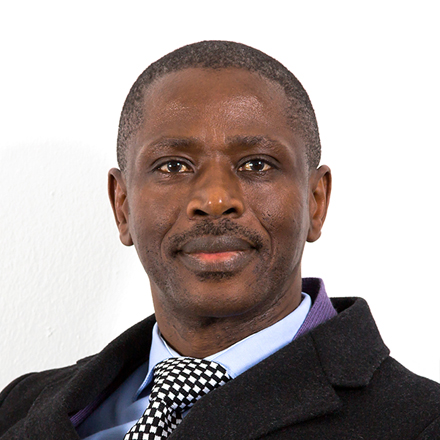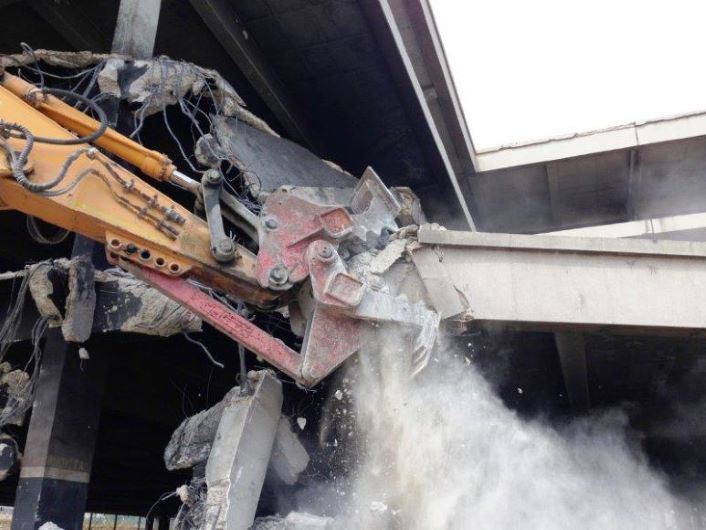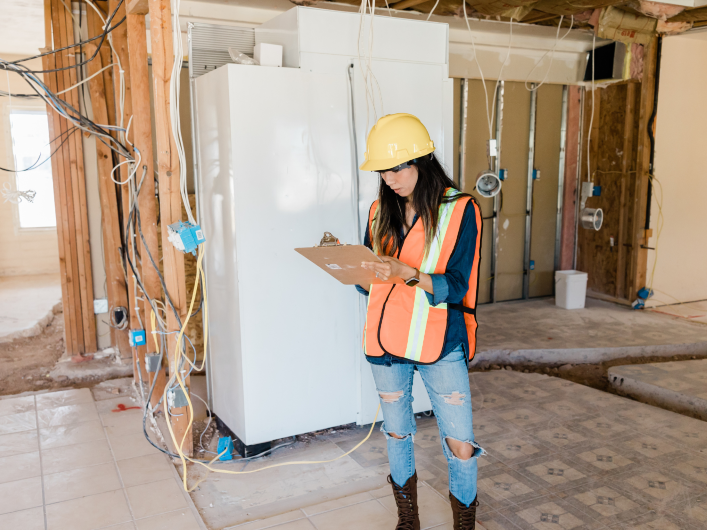
The South African construction industry is in a
state of accelerated decline, says South African Forum of Civil Engineering
Contractors (Safcec) CEO Webster
Mfebe.
This is caused mainly by a lack of new contracts
flowing from government’s purse, as well as increased violence and thuggery on
local construction sites.
“Let’s put it in perspective,” says Mfebe, who has
been Safcec CEO since 2013. “Public infrastructure spend has been declining. In
the 2017/18 financial year government’s infrastructure budget was
R947.2-billion. This was reduced to R834.1-billion in 2018/19. This is a
whopping 12% nominal decrease.
“Also, in 2018 there was a 15.3% decline in the
nominal value of contracts awarded, with the building industry hardest hit.
“Add to the mix that all of this is happening in an
industry that is historically a big investor in capital expenditure and skills
development.”
Mfebe notes South Africa can ill afford to lose any
more depth in its construction industry.
Already, Group Five and Basil Read, among others,
have filed for business rescue.
“Once we lose that capacity, it will take years to
rebuild,” says Mfebe. “We’ll increasingly see the likes of the Chinese and the
French coming to Africa to build infrastructure.”
It is not only the roster of available construction
companies becoming smaller. Many highly skilled engineers and technical staff
are in the process of leaving the country. Safcec has identified 110 who have
already left, as they flee the low-growth environment and increasing violence
on construction sites.
“This has to be attended to. The conditions
contractors face are fast deteriorating,” notes Mfebe.
One of the most notable cases in recent times have
been the Aveng/Strabag joint venture (JV) quitting the Mtentu bridge project,
in the Eastern Cape, owing to continued violent protests within the surrounding
communities.
The client, the South African National Roads Agency
Limited (Sanral), and the JV are currently doing legal battle regarding the
costs involved around the JV’s departure.
“Again, let’s put this in perspective,” says Mfebe.
“Sanral is a State-owned institution, therefore, we are talking about the
government of the Republic of South Africa.
“It is the government’s constitutional
responsibility to maintain law and order. That responsibility cannot be
abdicated to private individuals such as contractors. Contractors are trained
on how to build infrastructure, not on warfare.
“What does government expect them to do? Outgun the thugs?”
Mfebe says contractors have repeatedly gained
interdicts against violent groupings threatening to disrupt construction sites
should they not receive some form of benefit.
“People are arrested, yes, but then they are
released again and they go back to site with a vengeance.
“It cannot be that the situation is left in the
hands of the contractor. What happened to law enforcement agencies’ ability to
maintain law and order?
Mfebe notes that construction projects worth around
R27.5-billion have been violently disrupted or halted in South Africa in recent
times.
Mfebe believes that the unrest often witnessed at construction sites are
driven, to a degree, by the desire of the surrounding communities to become
involved in and gain economically from projects in their area.
“We cannot dismiss that. Those expectations are
genuine and have to be met.
“On the other hand, you see violence driven by
gangs operating mafia style. Even worse, they are often alleged to be linked to
local, provincial and national political figures.”
Mfebe says KwaZulu-Natal seems to have been the
epicentre for this mafia-like behaviour, which has now assumed a national
footprint.
“They have used violence and got what they wanted.
What will stop them now? In this we are seeing the building blocks of a mafia
state,” he warns.
“In a project in the Western Cape, with a German
private investor, the police waited three hours for a public order unit to
arrive, while they looked on as private property was destroyed.
“What message are we sending to the international
community?”
Mfebe has drafted a letter, explaining the plight
of the industry, and sent it to the Minister of Finance, Tito Mboweni, as well as to
President Cyril Ramaphosa.
Mboweni’s office has acknowledged receipt, noting
that the matter is receiving attention.
There has been no response yet from the President’s
office.
Mfebe’s ideal outcome would be for construction
industry body heads and company CEOs to meet with the President, in order to
“highlight the gravity of the situation and the dire state the industry finds
itself in, as well as the impact the industry’s demise is having on the
economy”.
“Hate or love Gwede Mantashe, but when there are concerns in the mining
industry, he is there. He engages. Something happens in our industry and no
intervention takes place – even though it contributes 3.5% to the country’s
gross domestic product and 8.3% to total employment numbers.”
Ultimately, notes Mfebe, the South African
construction industry needs an intelligence-driven multidisciplinary task team
at the highest level of government, acting against increasing mafia-like
behaviour threatening to close down the industry.
“We need to stop this right away. While a lot of it
happens under the mantra of radical economic transformation, extortionist
behaviour has affected both black- and white-owned companies, which tells you
it is all about the money.
“We are teaching our children that they don’t have to work. They just have to carry the biggest gun.”http://www.engineeringnews.co.za/article/construction-industry-in-rapid-decline-as-work-wanes-mafia-takes-over-warns-safcec-2019-04-08
More news
- PART 2: CONCRETE IN THE DESIGN OF A UNIQUE LUXURY HOME IN GEORGE, SOUTH AFRICA
- PART 1: CONCRETE IN THE DESIGN OF A UNIQUE LUXURY HOME IN GEORGE, SOUTH AFRICA
- MVULE GARDENS, AFRICA’S LARGEST 3D-PRINTED AFFORDABLE HOUSING PROJECT
- PART 3: HARNESSING THE POTENTIAL OF HIGH SULPHUR FLY ASH IN CONCRETE PRODUCTION
- PART 2: HARNESSING THE POTENTIAL OF HIGH SULPHUR FLY ASH IN CONCRETE PRODUCTION





